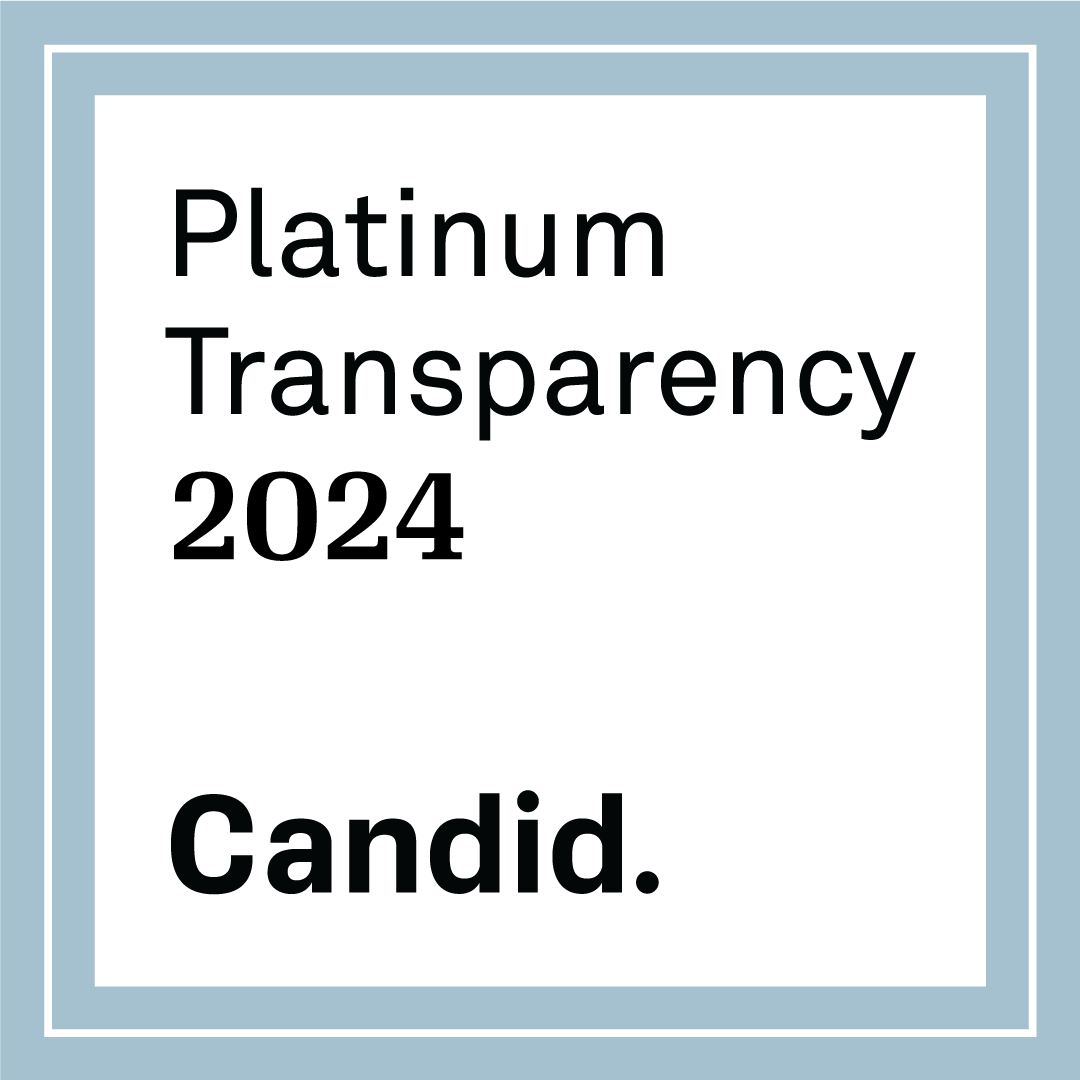New Report Proves Huntington Beach is the Wrong Location for Poseidon Desalination Plant
Coastkeeper says Poseidon’s alternatives are either environmentally catastrophic or economically unfeasible, needs new location
ORANGE COUNTY – August 18, 2015 – Orange County Coastkeeper says the Coastal Commission’s latest study on the construction of the proposed Poseidon facility proves that Huntington Beach is a bad location for a desalination plant. This report is the second released and states that while a subsurface infiltration gallery would better protect marine life, it is not economically viable at this site.
Desalination plant intakes draw in seawater to send through a process to remove the impurities and salt from the water. Surface intakes entrain and kill countless amounts of marine life, fish and larvae on a daily basis. By installing subsurface intakes, marine-life mortality is eliminated.
The first report showed that out of the nine options for installing sub-surface intakes, only one option is technically feasible at the location of the proposed Poseidon—Huntington Beach desalination plant. With the release of the second report that examines the economic feasibility, the report shows the costs of building a less environmentally damaging plant are too high at this location.
Coastkeeper says that as a result of the report’s release, the Coastal Commission should require Poseidon to conduct a study of alternative sites for the plant before holding a hearing.
“The report shows an estimated damage to marine life of $58 million, which is actually an under-estimate of the damage surface intakes will cause. The surface intakes Poseidon plans on using will kill 80 million fish larvae, eggs and invertebrates per year and impact hundreds of miles of coast including our Marine Protected Areas from Palos Verdes to Dana Point,” says Orange County Coastkeeper Executive Director Garry Brown. “There are arguments that the construction of this plant will help our economy, but it is actually an unfair trade dressed up as a win. Essentially we give up the staple in our economy— our ocean and marine life— for a giant plant that provides water we don’t need.”
“The Governor recently ordered Californians to conserve 25 percent of their water and Orange County is meeting that goal. Poseidon would only produce eight percent of Orange County’s water. With conservation efforts thus far, Orange County already saved the equivalent of three Poseidon sized desalination plants at no cost.”
The draft report is now open for a 24-day public comment period with a public meeting scheduled for August 27 in Huntington Beach.
As it stands the proposed Poseidon—Huntington Beach facility will damage the three E’s of Orange County: economy, energy and environment.
Orange County Coastkeeper believes the following environmentally sustainable long-term solutions are best for Orange County and should be utilized and exhausted before turning to desalination:
- More Conservation: Over 60 percent of residential water use is outside of the home and a majority is By using low-water and drought-tolerant landscaping techniques, Orange County has eliminated any need for the proposed desalination plant.
- More Efficiency: By utilizing wastewater recycling, Orange County has been able to recharge billions of gallons of purified wastewater into its aquifers. Expansion of this process is an economically efficient and long-lasting solution.
- Stormwater Capture: Orange County Water District infiltrates water along a six-mile section of the Santa Ana River and maintains one of the world’s most advanced managed aquifer recharge systems. Investing in more stormwater capture technology ensures water for the future.
For more information, read this story on the impacts of the Poseidon-Huntington Beach desalination plant.
###
ORANGE COUNTY COASTKEEPER: Founded in 1999, the mission of Coastkeeper is to protect and promote sustainable water resources that are swimmable, drinkable, and fishable. Coastkeeper is a nonprofit clean water organization that serves as a proactive steward of our fresh- and saltwater ecosystems. We work collaboratively with diverse groups in the public and private sectors to achieve healthy, accessible, and sustainable water resources for the region. We implement innovative, effective programs in education, advocacy, restoration, research, enforcement, and conservation. For more information, visit www.coastkeeper.org or call 714-850-1965.






